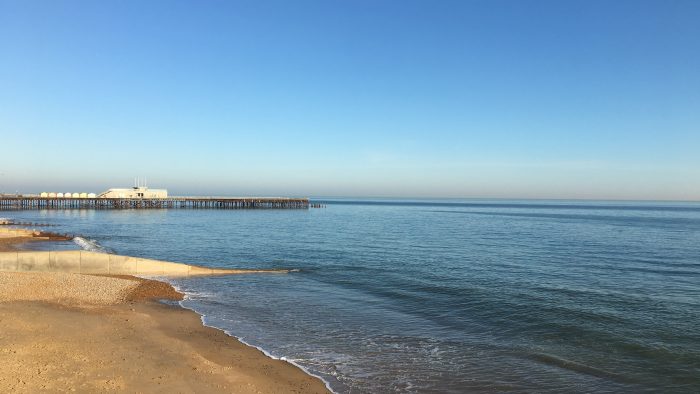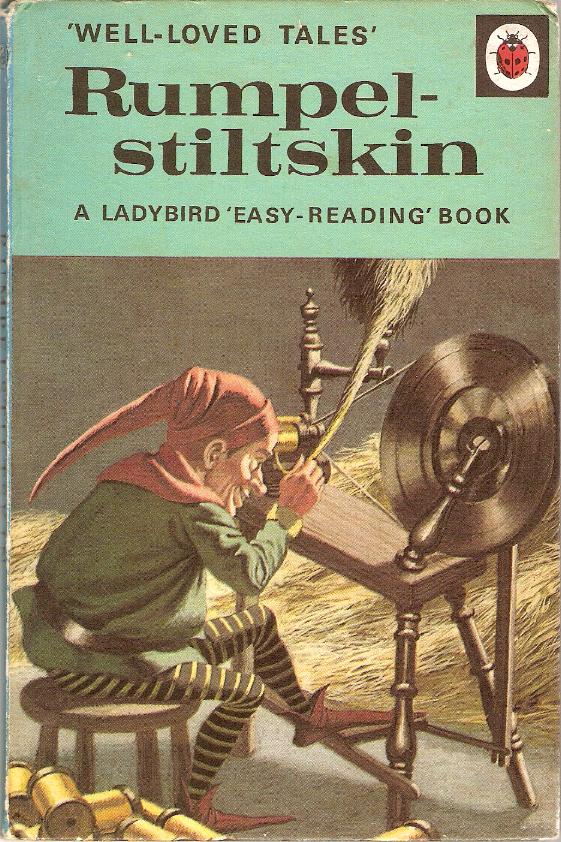
On Saturday 22nd March I’ll be joining a host of other educators at the Teaching, Learning and Assessment Conference hosted by the Berkhamsted School. This is the second instalment of the conference, following last year’s highly successful inaugural event. A wide range of keynotes and workshops were delivered by a diverse group of educators. I am pleased to say that I was one of them and I’m even more pleased to be able to say that I was invited back this year to run another workshop.
Like my previous workshop, I will again be focussing on independent learning. Over the past two terms, I have been reflecting on, and evaluating the various approaches that I employ to help foster independence in my students. While in my previous session I encouraged attendees to ‘take the leashes off’ of their students, this time I’ll be asking them to consider ways to make learning in their classrooms:
Open – Connected – Distributed
In a continued effort to subvert the educator/learner dichotomy, I have ‘pushed the envelope’ in developing in(ter)dependence in the students that I encounter each year. In doing so, a set of principles emerged; whereby learning inside and beyond my classroom became: ‘open’, ‘connected’ and ‘distributed’. This workshop will illustrate the pedagogies and practices that have informed such an approach, including the use of social networking, collaborative writing and self-reflection. Moreover, it will seek to generate thought and discussion as to how you might tread a similar path with your own students.
Why Open?
Openness has become a core tenet in my educational philosophy. As a teacher and as a learner I believe that learning should be transparent. Nothing should be hidden. A part of this has been putting students at the centre of their education, inviting them to participate in setting the direction of their learning; giving them a voice.
Why Connected?
Having participated in and also having run my own Open Online Course, I believe that forming connections is a key part of how we learn. Underpinned by the pedagogical concept of connectivism there is clear evidence to suggest that independent learning is most effective when it is interdependent.
Why Distributed?
I believe that learning should be distributed and shared. Learning does not occur in a vacuum, nor does it have to be constrained by the curriculum, timetable or by physical space. Utilising a range of tools, learners can not only improve the way they learn as individuals but they can distribute their knowledge and skills for the benefit of others.
—
I walked away from #TLAB13 far richer as both an educator and learner. I fully expect #TLAB14 to be just as valuable if not more so. I am also looking forward to re-connecting with many friends and to making some new ones. If you are attending the conference and the concepts that I have commented on above are of interest to you, I hope that you will join me in exploring them further.
—
*Slides for my session are available here in HTML5. Double click on any slide to view them full screen.


